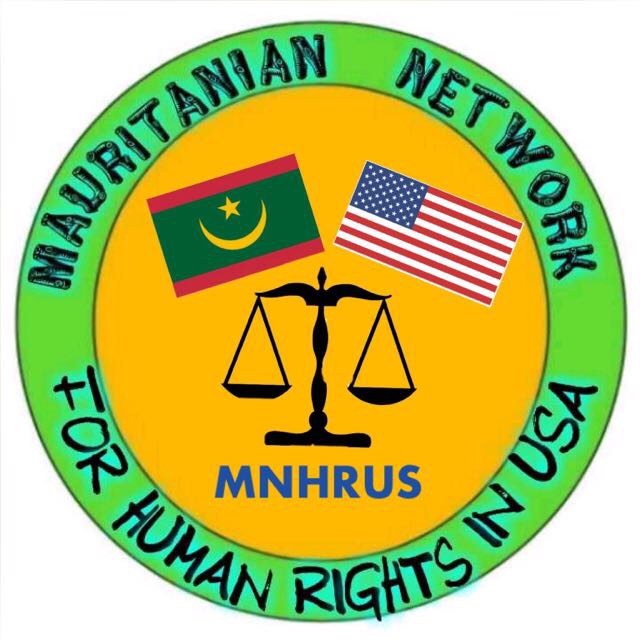Following is a statement from the Mauritanian Network for Human Rights in U.S.
It is with great concern that we read the U.S. Department of State’s 2019 Human Rights Report on Mauritania. The report states that Mauritania has made great progress when it comes to Human Rights in the year 2019, by citing a free and fair elections in the June 22, 2019 elections, among other gains cited by the State Department report, included but not limited to: no arbitrary killings, no disappearances, no torture and inhumane treatment of Mauritanian citizens, no arbitrary detentions, et cetera.
As a Mauritanian human rights organization with credible sources both in the U.S. and on the ground in Mauritania, we are here to state that the claims of human rights progress listed in this report could not be further from the truth and are far from the daily reality of Black Mauritanians.
In the year 2019 Mauritania made very little progress, if any, toward ensuring and preserving human rights for all Mauritanians. In 2019 Mauritanians witnessed one of the most contested, non-transparent elections in Mauritanian history. After the 2019 elections, opposition leaders and prominent journalists were kidnapped–taken from their homes and arrested by the state police–and their families did not know of their whereabouts for days on end. Further, to stop demonstrations after the election, the Mauritanian authorities detained, without charge, dozens of opposition activists. Later they released most but sentenced many to prison terms. Most arrested activists were beaten and tortured in the most horrible ways.
While Ghazaouani has promised to be a reformist, it is sad to say that he has continued the same race-based policies and systems of governance as his predecessors. In 2019 the wealth gap continued to widen between Black Mauritanians and their Beydan/Arab counterparts. Since its independence on 28 November 1960, Mauritania has put in place a system of exclusion of its Black population, promoting the affirmation of an exclusively Arab identity with a complete negation of the country’s African foundations, and the year 2019 was no exception.
While we realize that nations such as the United States have their interests as a priority, when dealing with other countries it is crucial for the credibility of the United States and its embassies on the ground to report human rights abuses when they are seen on a daily basis. That is the only way to encourage and foster change in developing countries, and to spread American values of human rights and justice for all, for the birth of a fairer and better world for all. As the great MLK used to say, “injustice anywhere is a threat to justice everywhere.”
The Mauritanian Network for Human Rights in the US

